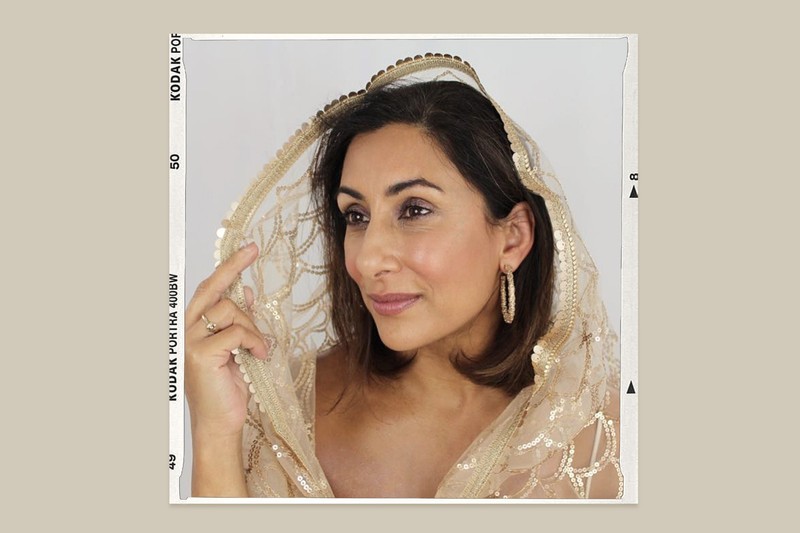
Chapters In My Life: Saira Khan
Chapter One: Growing Up In Derbyshire
When I was little, I loved my parents very much. They were hard-working people, but they were also strict disciplinarians. They were Pakistani immigrants to this country and had really strong morals and values. There was always this sense that our family didn’t really belong: we grew up on a council estate in Derbyshire, but our culture was very patriarchal compared to the one my siblings and I were expected to be part of as second-generation children. Everything we did, wore and ate was judged by members of our own culture, which was difficult to come to terms with when our friends seemed to have so much relative freedom.
My dad always pushed me. He was a real contradiction because he believed I could do anything I wanted to in life, but in many ways he traumatised me and my siblings a lot. He once hit me with a wire hanger for wearing ankle socks to school. Another time, he threw the television out the window because we were watching Grange Hill. Ultimately, he probably made me the self-sufficient person I am today, but it was a complex relationship. He lived long enough to see me go to university, but he died of a heart attack when I was only 28, so he never got to see me become a mother or forge my career in television. I’m glad to say my relationship with my mum is wonderful – she had to respect my father’s role in the household when we were young, but ultimately she was responsible for a lot of the happiness and light in my childhood.
Chapter Two: Leaving Home
There was never any doubt in my parents’ minds that we would have the best education possible. It’s a large part of why they came to this country. I wasn’t that academic, but I managed to get a place at Brighton Polytechnic to study humanities. University is where I finally found some independence and, in some ways, I’m amazed my dad let me go – people in the family expected me to attend a local uni so I could live at home. A lot of people tried to warn my dad that once I was educated, no one would want to marry me, but that’s where my dad was more forward-thinking. Ultimately, he wanted his daughters to be independent.
The Asian culture is very tight-knit and insulated, which is why it’s hard for some people to break away. Many of them don’t even like to talk about these issues, they’d rather just endure it, and a lot of it goes back many generations, so it’s very engrained. So I’m grateful my parents were able to give me a little bit of freedom. After Brighton, I came home to get my master’s in town planning from Nottingham University. Living at home again was hard, but my parents did allow me to be a bit more independent. I had my own car and a good group of friends, so it was harder for them to keep tabs on me I suppose.
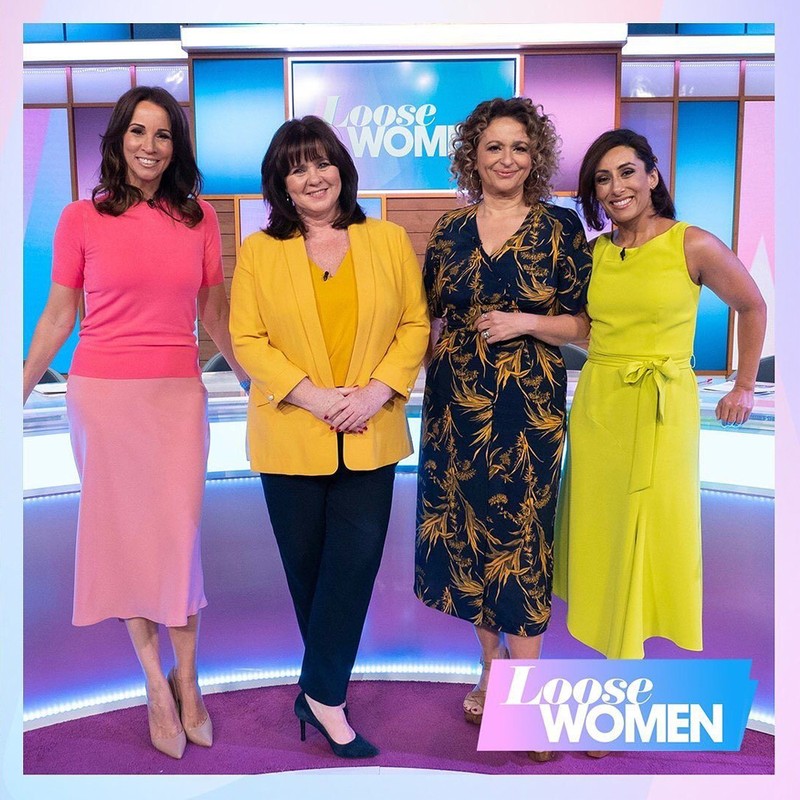
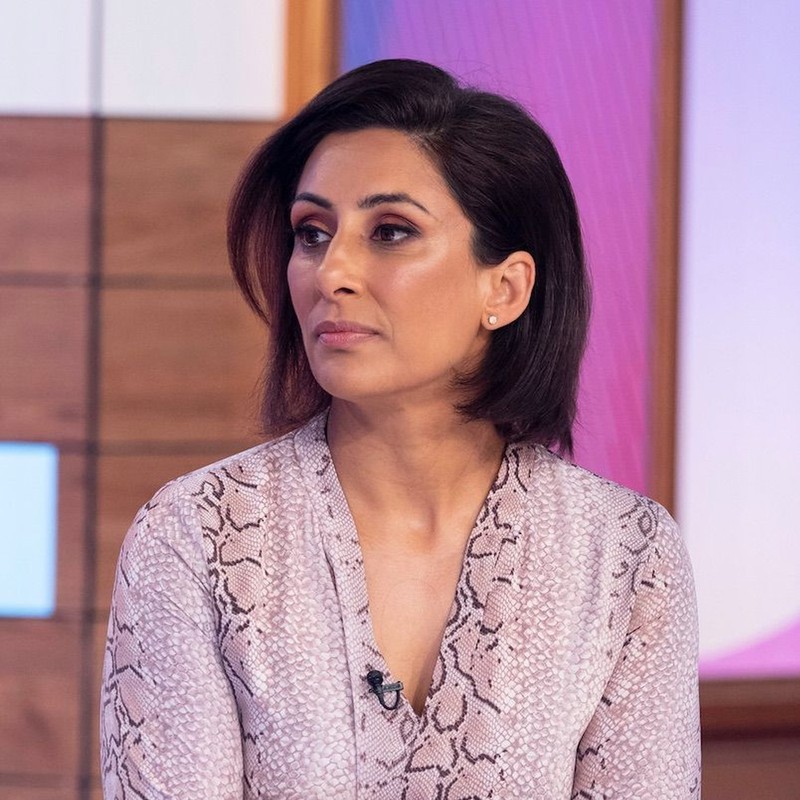
Chapter Three: Back To Brighton – And Beyond
After my master’s, I moved back to Brighton for my first job in town planning. Over the next ten years, I worked so hard. There was no one else to support me but I managed to buy my own house, my own car and make the move into sales. It felt like a more natural fit for my personality. I eventually got a job as a sales executive at McVitie’s in London and rose through the ranks quite quickly.
By 30, I was entirely self-sufficient – I’d bought two properties and was very financially stable – but my dad’s sudden death in 1998 showed me how short life can be. I realised all the things I’d achieved hadn’t really made me happy. So I rented my flat out and bought a round-the-world ticket. I visited 15 countries in south-east Asia in a year, and it was the making of me. It was the first time I’d really travelled and I met some amazing people; I learnt to dive; I climbed some of the world’s highest peaks. It’s why I’m so fearless today – people might interpret it as arrogance, but I’ve just been fortunate to experience some of life’s extremes. It’s taught me so much about who I am and how to deal with new challenges.
Chapter Four: Applying For The Apprentice
I’d met Steve – now my husband – before I went travelling and we officially got together when I came back. I also went back to working in sales. Randomly, we were sent an email telling us about a new BBC show called The Apprentice. They were looking for contestants and our workplace encouraged us to apply, so I did. If I hadn’t been travelling, I’m not sure I’d have had the confidence to enter. But I ended up being one of 14 contestants and making it to the final – in fact, I was the only female in the last four. I’m not sure I’d have made it so far if I hadn’t had such a positive and proactive attitude. It’s a real mindset of immigrant people – that need to survive.
The show completely changed my life. I went into it feeling a bit intimidated – not many of the other contestants came from a working-class background – but I wasn’t scared to go up against them. You soon realise it’s not about your education or background; it’s about having the skills to interact with people on a human level. I’d gone from the factory floor to the boardroom already, which really helped me perform in every task. Having some sense of humanity is what helps you get on in life.
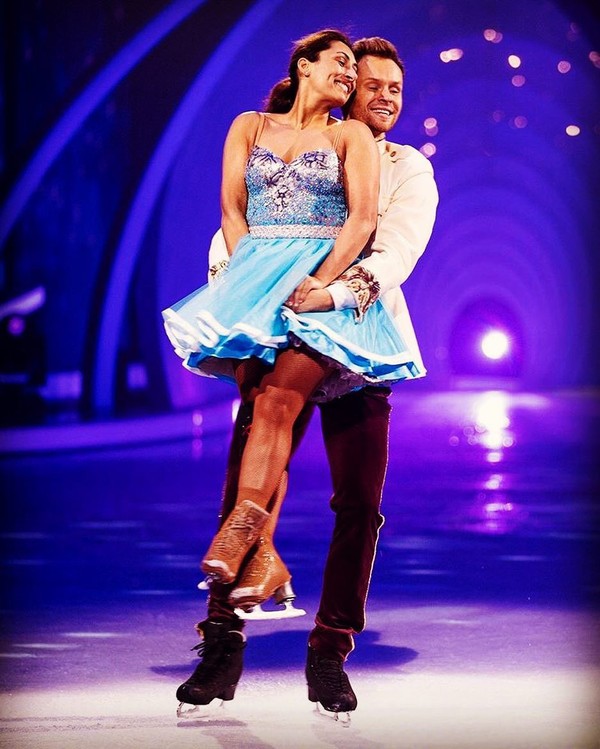
Chapter Five: Building A Brand
Being on The Apprentice showed me it was okay to be a go-getter and a woman at the same time. These qualities aren’t often seen as positive when it comes to women – in any culture, really – and in my time I’ve been called a loudmouth on more than one occasion. The show proved to me you can channel this strength into success.
Regardless, people didn’t exactly come knocking after the final. I realised if I wanted to make a real name for myself and build my own brand, I would have to do the knocking instead. I managed to get a job with CBBC on a programme called Beat The Boss. It was very much a post-Apprentice kind of gig but it opened doors to things like The Martin Lewis Money Show and other special-edition programmes on the BBC. From there, people started asking me to write newspaper columns on more personal topics and I appeared on shows like Radio 4’s Woman’s Hour. Every job led to another – and it’s probably what put me on the road to Loose Women.
Chapter Six: Loose Women & Celebrity Big Brother
I don’t deny I have opinions – people often say I’m ‘marmite’ and that’s fine. Not many people on television want to upset the apple cart, but I believe it’s better to challenge things than brush them under the carpet. It also encourages viewers to have a reaction – the producers don’t want you to be bland. I think the team at Loose Women knew I’d be outspoken, but when I first joined a lot of people on social media called me ‘hard-nosed’ and ‘gobby’. After I shared my story about being molested as a teenager, a lot of people warmed up to me. I’d allowed them access to a private part of my life and it helped them understand who I was a bit better. It was also the moment I felt like ITV really made me a part of the ‘family’ – it’s what led to things like Dancing On Ice and Celebrity Big Brother.
The team behind Celebrity Big Brother knew I wouldn’t shy away from being on camera, which probably helped me get that job. On all the reality shows I’ve done, I’ve never tried to win, but just be myself and let the viewers decide what they think. It’s a fact that women of colour or those from ethnic minorities don’t do well on reality shows because the audience can’t always relate, but it doesn’t stop me from having a go – there’s only one way to break down these barriers. In the future, I’d love to go into the jungle and be on Strictly.
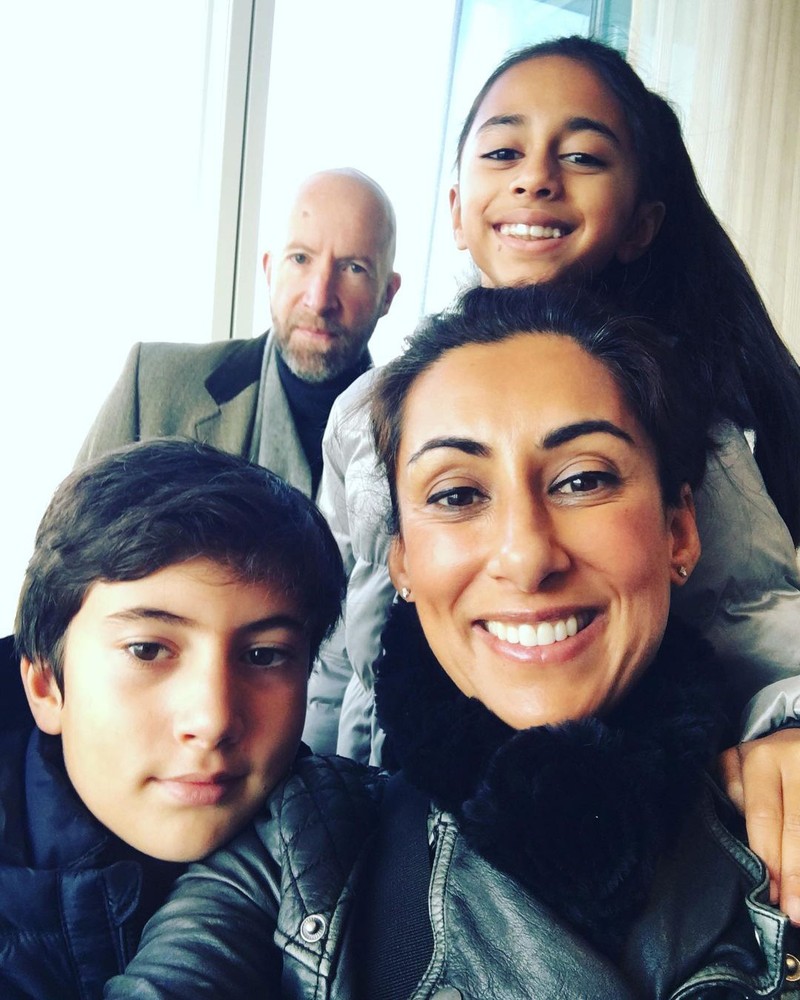
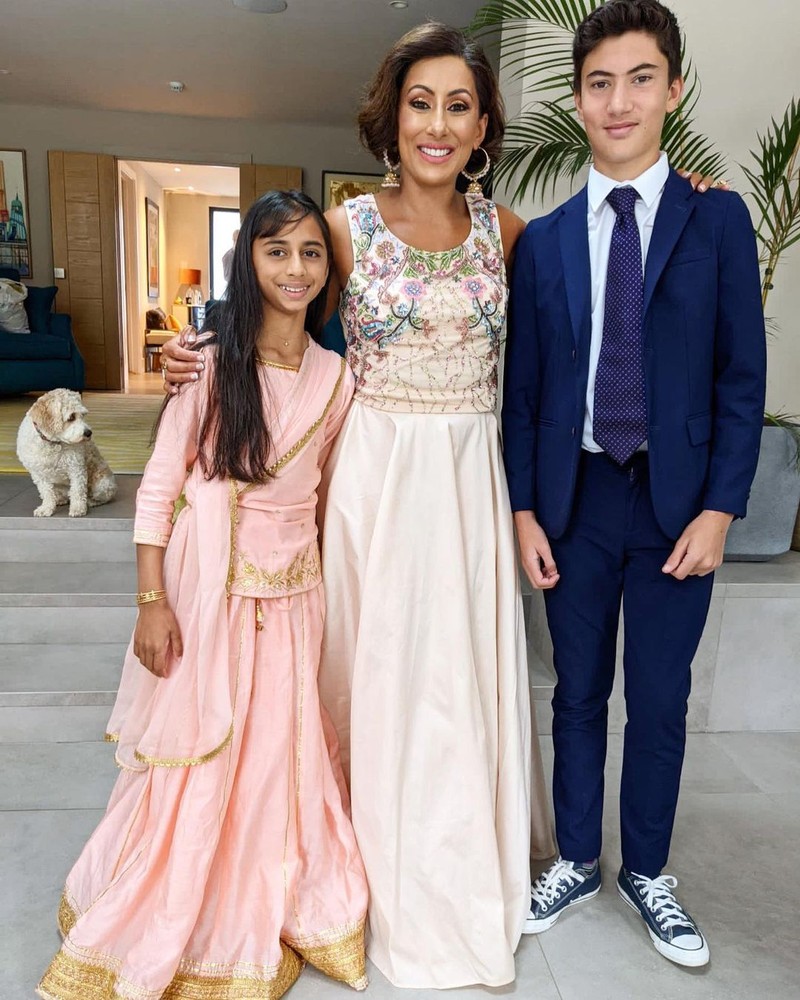
Chapter Seven: Becoming A Mother & Returning To Pakistan
Steve and I got married in 2004. When we got engaged, we had to keep it a secret at first because some people in the family disapproved that he was white and non-Muslim. After four years of trying for a baby, we decided to see a specialist. They diagnosed me with stage four endometriosis and said there was no way I’d conceive naturally. But I’m not the sort of person to take no for an answer. We looked into IVF, but at the age of 37 the odds weren’t great. I took some time off work to destress and ensure our chances were the best they could be. Luckily, we conceived our son Zac in 2008.
Two years later, we tried IVF again, but it failed. I also had a miscarriage. Steve and I had already discussed the idea of adoption, so we decided to pursue it. Around 18 months later, we adopted our four-day-old daughter Amara from Karachi in Pakistan. There was a beautiful symmetry in adopting Amara in Pakistan – I know my dad would have been so proud. I also know what happens to lots of girls in that country, so I’m glad we’ve been able to give her the chance to make the most of her potential. I’m determined to give her the kind of childhood I’d have hoped for as a young Asian girl. That said, she’s made me really appreciate where I’ve come from and embrace a lot of my heritage that I’d previously rejected. Every year on Amara’s birthday we watch a documentary I made for the BBC called Adopting Abroad: Saira’s Story. We never want her to be ashamed of the fact she’s adopted – we want her to be proud of her story.
Chapter Eight: The Menopause & Saira Skin
Over the course of my life, I’ve learnt it’s the obstacles that are the making of you. Awful as it was, the pandemic gave me the time to slow down and reflect on turning 50 – which felt like a big milestone. Deep down I knew I wasn’t totally happy – perhaps I’d sold too much of myself on TV or I was too tied up in the rat race, but either way I could tell it was starting to affect my children. I knew once the pandemic was over, I would make some big decisions, including leaving Loose Women. For that reason, I spent lockdown doing more things for myself: exercising more, getting better at cooking, and connecting with more fans on Instagram.
Previously, I’d run a baby-products business called Miamoo, but it wasn’t doing well – it turns out mums don’t want to spend lots of money on skincare for babies, they’d rather invest in those products for themselves and use good quality basics on their children. So I turned Miamoo into Saira Skin. I’ve always suffered with a hereditary skin disorder, so I’m passionate about creating something that delivers real results. The brand is largely based on eastern principles and the products use lots of essential oils. I’m devoting much more time to it now – it’s given me a lot to focus on.
The menopause was also a hugely influential time. It was never something my mother talked to me about, so it was a surprise when I went to a really dark place at the age of 47. I had mood swings, zero sex drive and felt really depressed – to the point where I couldn’t even face getting out of bed. After doing some research, I went to the doctor and got on HRT. Since then, I’ve never looked back. In fact, I feel totally liberated. But I do work hard to make more time for myself: I’ve embraced yoga, I’ve turned my diet around and really focused on my own self-development. It no longer feels like I’m fighting myself – or the system. I’ve finally been able to embrace everything that’s happened to me in my life so far. This is what makes me hopeful that the next ten years will be the best yet.
Visit SairaSkin.co.uk and follow @IAmSairaKhan on Instagram.
Images courtesy of Saira Khan.
DISCLAIMER: We endeavour to always credit the correct original source of every image we use. If you think a credit may be incorrect, please contact us at info@sheerluxe.com.

